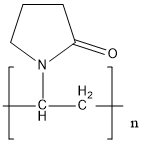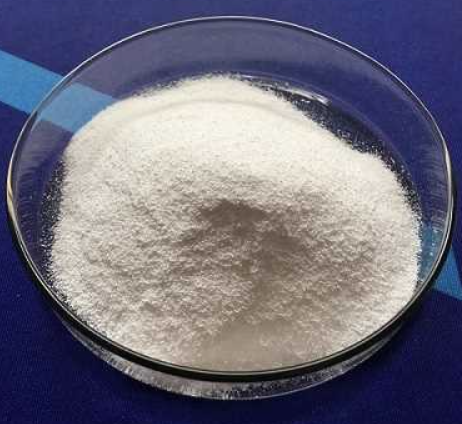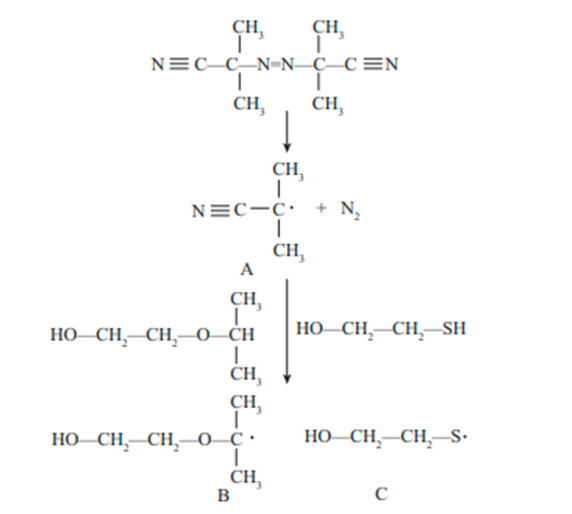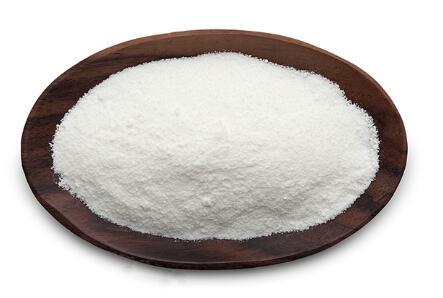Polyvinylpyrrolidone has a surprising variety of uses
Introduction
Polyvinylpyrrolidone (PVP), also commonly called polyvidone or povidone, is a water-soluble polymer compound made from the monomer N-vinylpyrrolidone. PVP is available in various molecular weights and related viscosities and can be selected according to the desired application properties. It has many excellent properties, making it widely used in many fields.
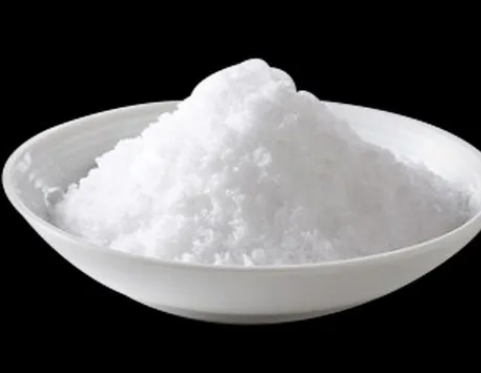
Pharmaceutical industry, medical, and health fields
PVP has good biocompatibility and stable chemical properties. It is widely used in the pharmaceutical industry as a binder, thickener, solubilizer, dispersant, stabilizer, film-forming agent, and detoxifier for eye drops.
Cosmetics
Polyvinylpyrrolidone contributes to the softness and lubrication of the skin, promotes the natural humidity balance in skin cosmetics, and reduces the irritation of cosmetics to the skin. It is a cosmetic antidote with superior performance. It is used in shampoo to improve foam stability, increase the gloss and smoothness of hair, and make hair elegant. PVP and its copolymers are used for hair styling and hair care. The film formed on the hair is elastic and shiny and has excellent combing performance. Therefore, they are indispensable raw materials for hair cosmetics, such as styling hair cream, hairspray, and mousse.
Textile, printing, and dyeing industry
Introducing PVP into synthetic fibers can increase the dye susceptibility and antistatic properties of synthetic fibers and improve the hygroscopicity, wrinkle resistance, styling, and easy washing of synthetic fibers. For example, polyamide and polyester fibers are famous for their high strength, fineness, abrasion resistance, thermoplasticity, good gloss, and bright dyeing, but their poor moisture absorption. If they are used as clothing, a layer of water vapor from the air is often attached to the surface of the clothing. The clothing with poor hygroscopicity easily gets wet and clings to the skin, especially in hot and humid weather, leading to discomfort. One way to solve this problem is to add 4–8% of PVP K-60 before fiber spinning so synthetic fibers such as polyamide and polyester fiber have high moisture absorption and washing resistance. The graft modification of nylon 66 with NVP improves dyeability and moisture absorption, wrinkle resistance, styling, easy washing, bleaching strength, and solar resistance.
Polyvinylpyrrolidone has a strong affinity with many organic dyes, mainly attributed to the binding force between the lactam structure in the PVP molecule and the hydroxyl, amino, and carboxyl groups in the dye molecule. This property of PVP can be used to improve the dyeability and hydrophilicity of many hydrophobic synthetic fibers so that synthetic fibers can be dyed evenly and the depth of dyeing can be increased.
PVP is also used as a post-treatment agent for fabrics. Generally, in fabric finishing, cationic finishing auxiliaries and anionic fluorescent brighteners are incompatible, and fabrics cannot be processed in the same bath. In the presence of 0.1–2% PVP, various additives such as softener, antistatic agent, resin finishing agent, and fluorescent brightener can be processed and finished in one bath at the same time. The treated fabric has excellent whiteness, fluorescence, softness, strength, and antistatic properties.
Adhesives
Polyvinylpyrrolidone is widely used in various adhesive formulations. Its application can be divided into two categories: one is to use this compound as the main component of the adhesive, and the other is to use the bonding properties of PVP in other products that require adhesive components, such as coatings, inks, various tablets, granules, and sintered materials.
As the main component of adhesives, it is most widely used in industry, including solid glues, pressure-sensitive adhesives, and rewetting adhesives. Solid glue is a new type of office glue, and it has been widely popular worldwide, especially suitable for children.
Pigments and coatings
Polyvinylpyrrolidone is often used as a surface coating agent and dispersant for pigments when preparing organic pigments. The surface-treated pigment has excellent tinting power and gloss. This compound has excellent dispersing effects on carbon black, phthalocyanine pigments, titanium dioxide, etc. After adding PVP, carbon black is not easy to gelatinize during ball milling. The resultant carbon black has a smaller particle size and better stability during storage, avoiding the problems of easy flocculation, precipitation, and agglomeration of carbon black suspension. The pigment dispersion made by kneading and pulverizing phthalocyanine pigment or titanium dioxide, cellulose acetobutyrate, and PVP has good stability and is used for coloring polyurethane solutions. In coatings, PVP can prevent gelation and act as a protective colloid in many formulations.
Detergent
This substance can be used as a detergent builder. It can prevent dirt from re-deposition, and the effect is much better than the commonly used carboxymethyl cellulose. It can effectively prevent the occurrence of color conversion or white background contamination in the washing after printing and dyeing. PVP also helps the brighteners in the detergent adhere to the fibers and reduce the irritation of the detergent on human skin.
Use in the production of polymers
Polyvinylpyrrolidone can be used as a viscosity regulator, dispersion stabilizer, and particle size regulator in the polymerization process. The resin produced by this method has improved strength, transparency, and color sensitivity. In general, PVP with a larger molecular weight is used as a protective agent and stabilizer to prevent the precipitation of the suspension or the aggregation of larger particles in the emulsion and dispersion. In contrast, PVP with a low molecular weight is more suitable for use as a dispersant, especially for the dispersion of low-density substances.
Agriculture
PVP is non-toxic to plants and can be used in agricultural sprays, compound fertilizers, and wettable formulations for dusting and seeding. PVP film can prevent the leaves from withering during plant transplantation and protect the growth of plants. Applying it to the seeds can protect biological functions and reduce damage during soaking. PVP-I is applied as a high-efficiency fungicide and insecticide to kill nematodes, larvae of cereal worms, and certain insects, and it can control the pathological conditions that produce fungi in plants. In aquaculture, PVP-I can be used for disinfection, significantly reducing the diseases caused by bacteria on fish, bullfrogs, prawns, and other aquatic products.
New material field
PVP can be used for the separation of membranes, medical polymer materials, and the blending of polymers. At present, the applications of membrane separation technology in the pharmaceutical industry, sewage treatment, and water purification have been very common. Nanofiltration and ultrafiltration membranes are essential components in the membrane separation industry. This substance is used as its film-forming porogen, and its consumption has now exceeded 3,000 t a–1. In addition, it is also used in the preparation of membrane materials for kidney dialysis.
The compound is widely used as a dispersant and stabilizer in preparing nanomaterials. It is used as a dispersant for cathode materials of lithium batteries in the new energy industry. PVP and active metal complexes used as catalysts are also attracting attention. It is also a promising adsorption material for wastewater treatment.
You may like
Related articles And Qustion
See also
Lastest Price from Polyvinylpyrrolidone manufacturers

US $10.00-8.00/kg2025-07-18
- CAS:
- 9003-39-8
- Min. Order:
- 500kg
- Purity:
- 95-99%
- Supply Ability:
- 20 tons

US $22.00-5.00/kg2025-06-25
- CAS:
- 9003-39-8
- Min. Order:
- 1kg
- Purity:
- 99%
- Supply Ability:
- 10000kg
